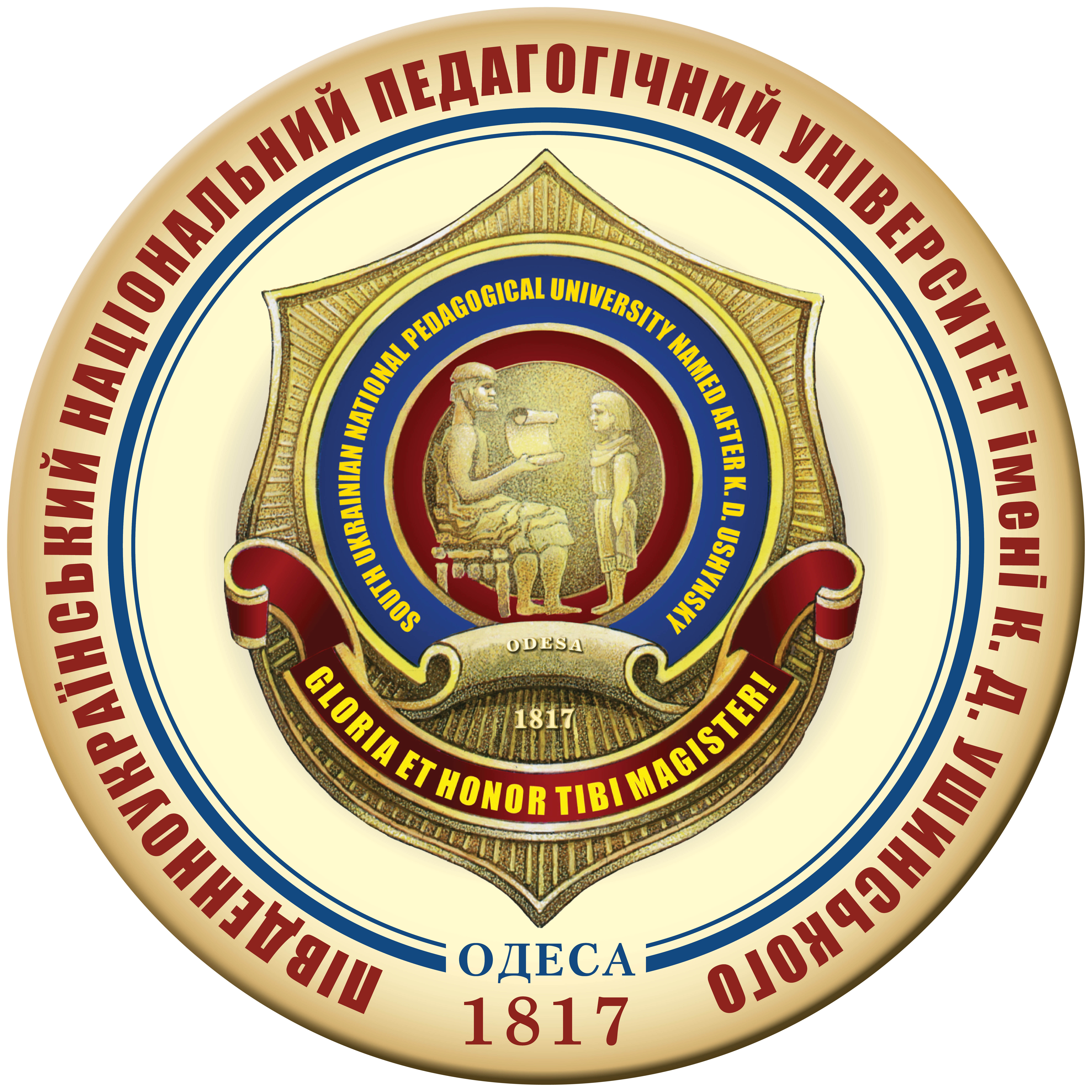THE SIGNIFICANCE OF NEGATIVE HABITS AND PHYSICAL ACTIVITY IN THE LIFE OF A HIGHER EDUCATION ACQUIRENT
DOI:
https://doi.org/10.24195/olympicus/2024-3.12Keywords:
negative habits, physical activity, acquirer, smoking, alcohol, drugsAbstract
The urgency of the problem. Today, among important tasks in Ukraine, the problem of careful attitude to one's health, as the highest social value, is becoming more active. Promoting the prevention of the most widespread negative habits involves the introduction of separate approaches and ways of stimulating a healthy lifestyle for students of higher education. Strengthening and preserving health is a priority direction of the main legislative acts and normative legal documents on physical culture. The number of people in the state who use narcotics and other psychoactive substances is increasing. This is due to the catastrophic state of health of young people, deterioration of physical development indicators. Increasing the role of physical culture and sports in the formation of a healthy lifestyle is indicated in many regulatory and legislative documents. A healthy lifestyle is closely intertwined with physical education, as stated in the national doctrine of education development. The implementation of this doctrine will provide an opportunity to improve the quality of life of the population of Ukraine by improving the health of the nation, educating the youth and forming a healthy lifestyle. In this regard, determining the place of negative habits and physical activity in the life of higher education students is an urgent problem. The purpose and task of the research is to determine the place of negative habits and physical activity in the lives of students of higher education. Research methods. To achieve the goal of the research, we used the following methods and techniques of scientific research: general scientific methods of theoretical knowledge, pedagogical observations, questionnaires, methods of mathematical statistics. Research results. Analyzing the answer options, to the questionnaire question: "Do you have negative habits?", in general, the respondents answered as follows: 39.2% – yes, they have negative habits; 49.7% – no, they don't and 11.1% hesitated to answer. To answer the question: "How often do you drink alcohol?" several options were offered: once a week or more often; 2-3 times a month; several times a year; never. One option had to be chosen among them. The largest percentage of students of Volyn University in the 1st, 4th and 5th years chose the answer option – several times a year (1st year: boys – 33.9%, girls – 41.1%; 4th year: boys – 35.7%, girls – 42.8%; 5th year: boys – 46.4%, girls – 53.5%). Among 2nd-year young men, 25.0% fell on options – several times a year and never. 59.0% of girls from this stream indicate the option – 2-3 times a week. Among young men in the 3rd year of study, 31.8% choose the same answer option. And their fellow girls point to the graph several times a year (45.8%). On all courses there is a small number of young people who never drink alcohol. Answering the questionnaire question: "Do you use drugs?" and "Do you use toxic substances?" 3.5% of 1st-year young men use drugs sporadically, and 1.7% use toxic drugs sporadically.
References
Бишевець Н.Г., Бишевець Г.А. Вплив рухової активності на чинники, що обумовлюють стрес-асоційовані стани в здобувачів вищої освіти. Наук. часопис Нац. пед. ун-ту імені М. П. Драгоманова. 2023. № 2(160). С. 61–64. https://doi.org/10.31392/NPUnc. series15.2023.02(160).13.
Бишевець Н., Гончарова Н., Cергієнко К., Гузак О. Особливості поведінки та реакції здобувачів вищої освіти фізичної культури і спорту під впливом кризових явищ. Наук. часопис Нац. пед. ун-ту імені М. П. Драгоманова. 2022. № 8(153). С. 21–25. https://doi.org/10.31392/NPU-nc. series15.2022.8(153).05.
Корольчук О.Л. Посттравматичний стресовий розлад як новий виклик сучасній Україні. Інвестиції: практика та досвід. 2016. №17. С. 104–111.
Матяш М.М., Худенко Л.І. Особливості посттравматичного стресового розладу в українських студентів. Український медичний часопис. 2014. № 6(104). С. 124–127.
Платинюк ОБ. Діагностика, корекція та профілактика непсихотичних психічних розладів в учасників бойових дій, які одержали поранення: [дисертація]. Харків, 2022. 154 с.
Слухенська Р.В., Гауряк О.Д., Єрохова А.А., Литвинюк Н.Я. Вплив фізичної культури на подолання стресу у студентів вищих навчальних закладів. Наук. часопис Нац. пед. ун-ту М. П. Драгоманова. 2022. № 7(152). С. 108–110. https://doi.org/10.31392/NPU-nc.series15.2022.7(152).25.
Стуліка О.Б., Недєлько П.Е. Особливості переживання страху та тривожності в юнацькому віці. Молодий вчений. 2022. № 11(111). С. 18–22. https://doi.org/10.32839/2304-5809/2022-11-111-5.
Andrieieva O., Blystiv T., Byshevets N., Moseychuk Y., Balatska L., Liasota T., Brazhanyuk A., Bohdanyuk A. Assessment of the impact of outdoor activities at leisure facilities on the physical activity of 15-year-old schoolchildren during the COVID-19 pandemic. Journal of Physical Education and Sport. 2022. № 22(8). Р. 1839–1847. https://doi.org/10.7752/ jpes.2022.08231.
Byshevets N., Iakovenko O., Stepanenko O., Serhiyenko K., Yukhno Y., Goncharova N., Blazhko N., Kolchyn M., Andriyenko H., Chyzhevska N., Blystiv T. Formation of the Knowledge and Skills to Apply Non-Parametric Methods of Data Analysis in Future Specialists of Physical Education and Sports. Sport Mont. 2021. № 19(S2). Р. 171–175. https://doi.org/10.26773/smj.210929.
Kashuba V., Stepanenko O., Byshevets N., Kharchuk O., Savliuk S., Bukhovets B., Grygus I., Napierała M., Skaliy T., Hagner-Derengowska M., Zukow W. Formation of Human Movement and Sports Skills in Processing Sports-pedagogical and Biomedical Data in Masters of Sports. International Journal of Human Movement and Sports Sciences. 2021. № 8(5). Р. 249–257. https://doi.org/10.13189/ saj.2020.080513.
Kumar S., Bhukar J. Stress Level and Coping Strategies of College Students. Journal of Physical Education and Sport Management. 2013. № 4. Р. 5–11.
Lunov V., Lytvynenko O., Zlatova L. The Impact of Russian Military Aggression on the Psychological Health of Ukrainian Youth. American Behavioral Scientist. 2023. № 67(3). Р. 426–448. https://doi.org/10.1177/00027642221144846.
Pascoe M.C., Hetrick S.E., Parker A.G. The impact of stress on students in secondary school and higher education. International Journal of Adolescence and Youth. 2020. № 25(1). Р. 104–112. https://doi.org/10. 1080/02673843.2019.1596823.








